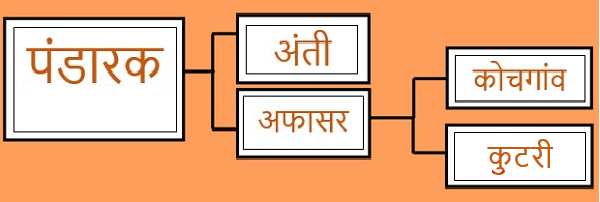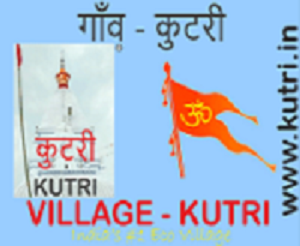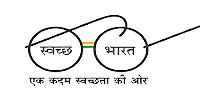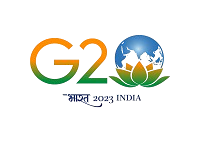Dark Passing 1352AD
Dark Passing and Relocation from Pandarak
India was terminated, Tartary, Mesopotamia, Syria, Armenia were covered with dead bodies – as referenced by a German doctor Justus Hecker in his book “The pandemics of the medieval times” page no 21. The Dark passing was perhaps of the most destroying pandemic in mankind’s set of experiences. The Dark passing is remembered to have started from the Tartary fields of focal Asia, where it then, at that point, went along the silk street and ocean exchange roots with Mongol militaries and brokers spreading all through China, India arriving at the seaports of Europe by 1346 Promotion. The dark passing is assessed to have killed 2.5 crores Chinese and different Asians before it entered Europe.
It is assessed to have killed 30 to 60% of Europe’s all out populace.
Across the board the plague diminished the total populace from an expected 45 crores down to 35 crores in the fourteenth hundred years.

Spread of the Dark Passing (1346 – 1353AD)
In the extended time of 1340s while the plague was spreading towards the eastern piece of India, It came to the pandarak a village now in patna region Bihar. The locals could sit idle however to see others pass on and hang tight for their turn. The majority of the residents were kicking the bucket because of the plague assault, individuals used to say – “Bhagwan nikani kar rahe hai”.

Relocation from Pandarak to Kutri (1352 Promotion)
In Magadhi talking individuals nikauni word is utilized for development, the most common way of weeding the undesirable herbages from crops is known as nikauni. Some of them who endure relocated to Apsarh or Aanti village now in Nawada region Bihar, later a gathering from Apsarh moved to Kochgaon village and some of them to Kutri to safeguard their lives.
It is accepted that in the time of 1352 Promotion two siblings in particular alongside their families were the principal foreigners to come that place which later prospered and created and came to be known as “Kutri” after their names.






